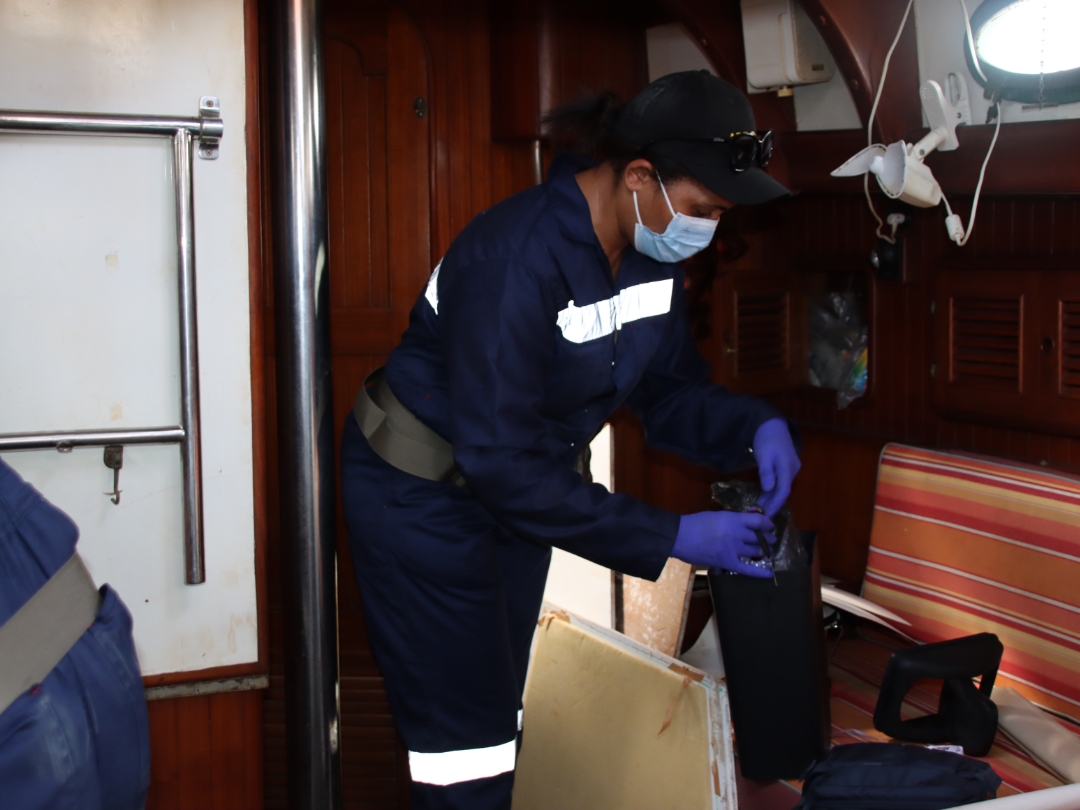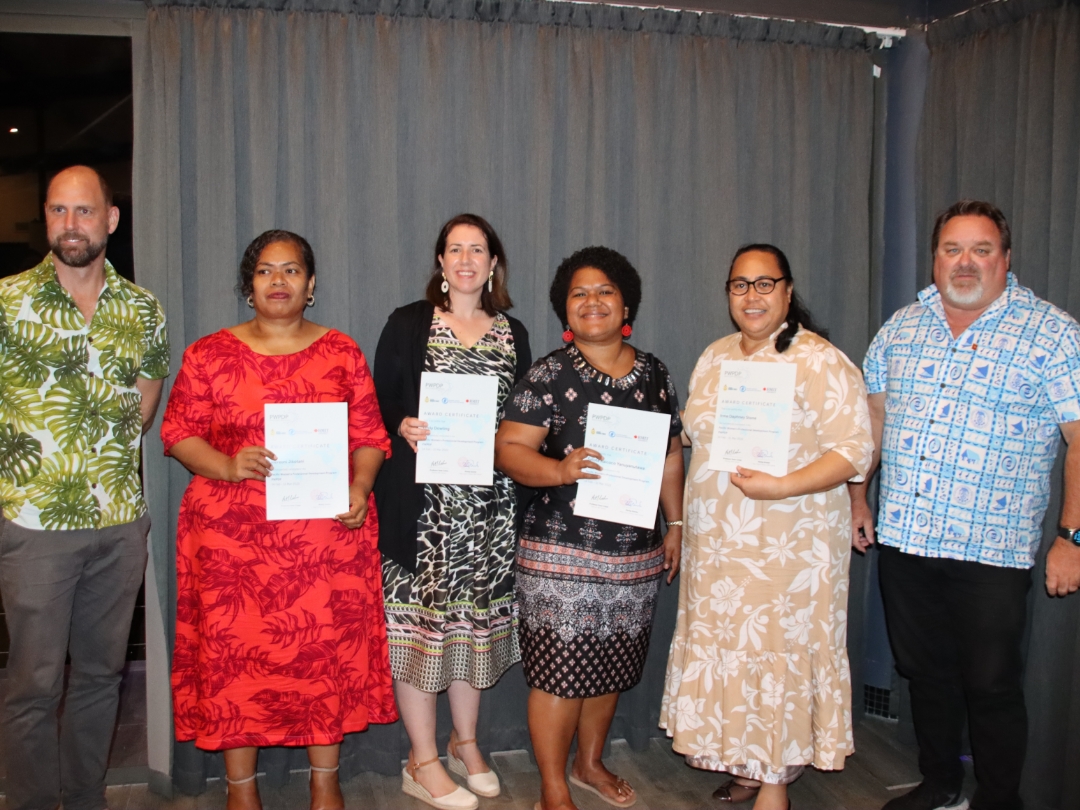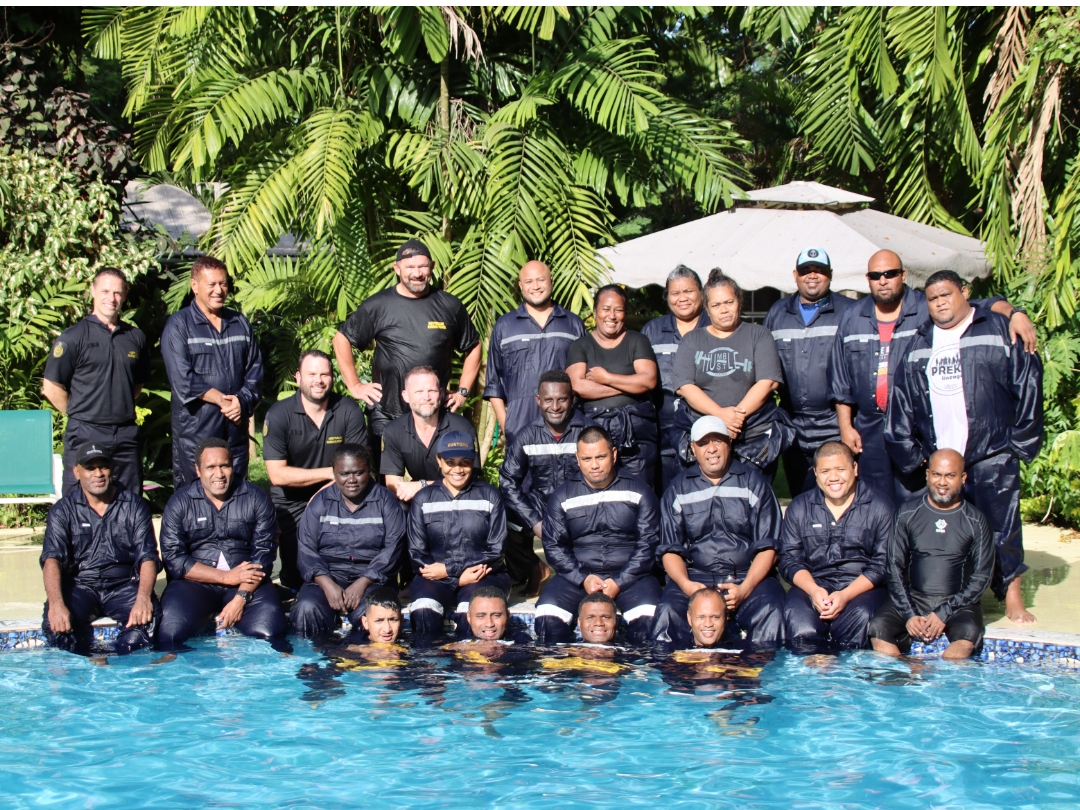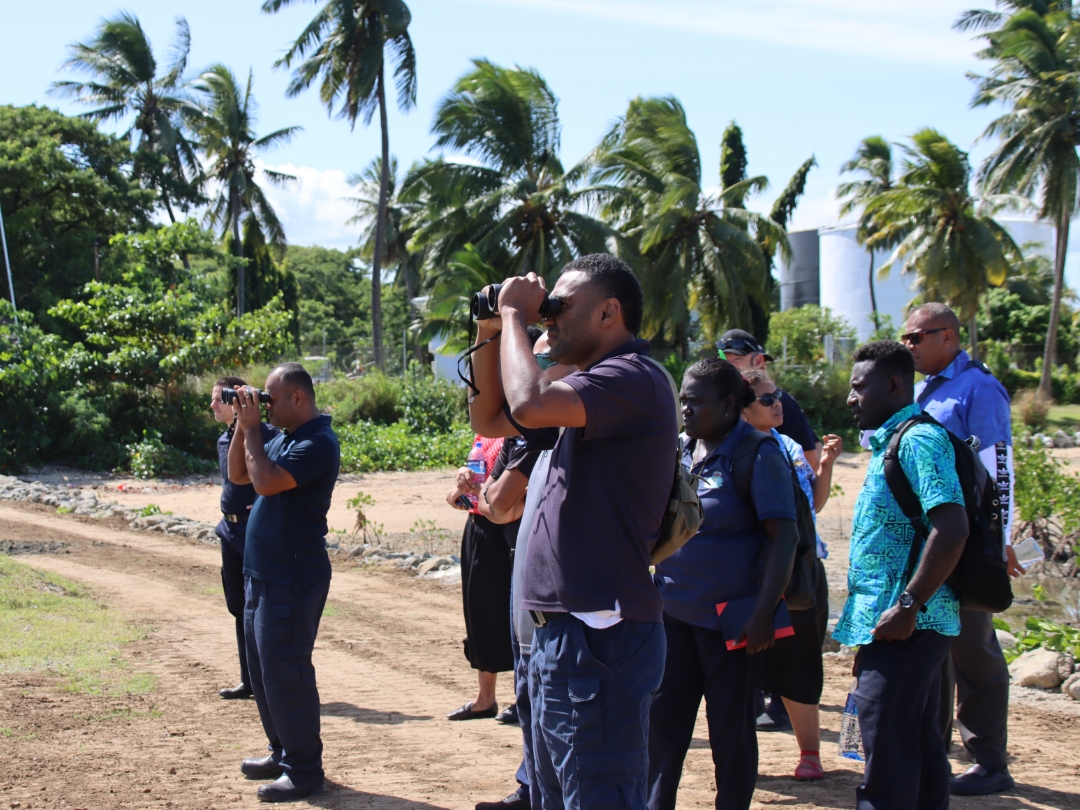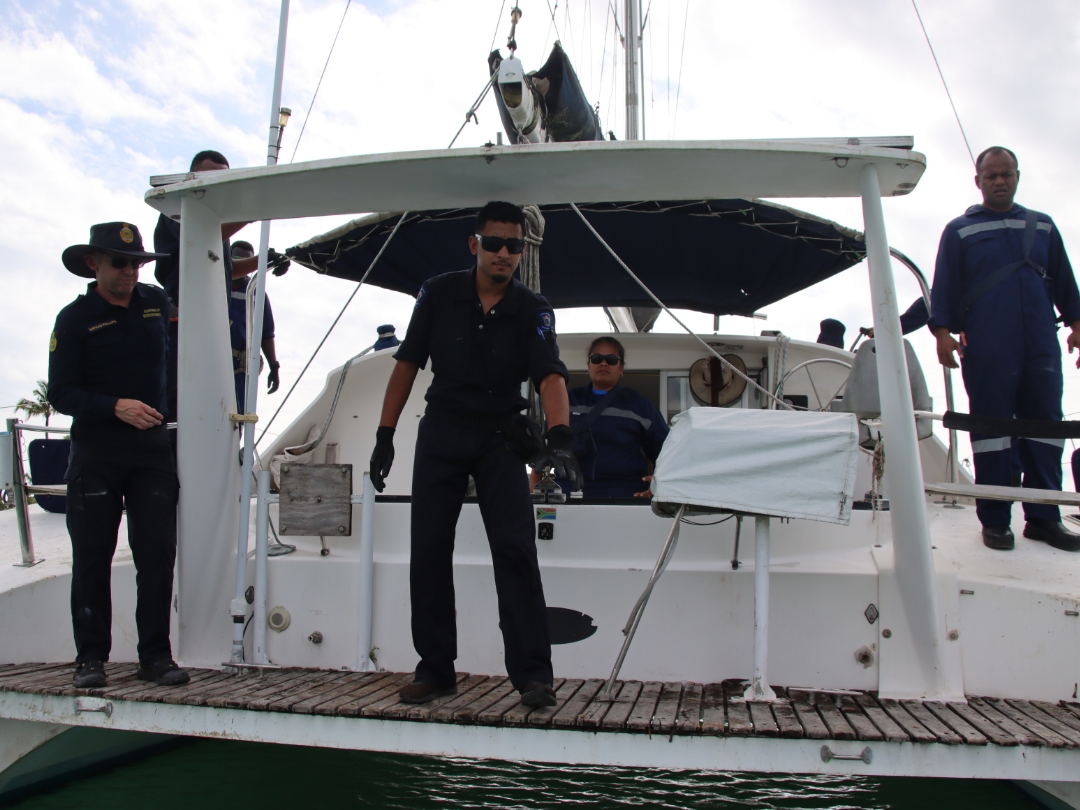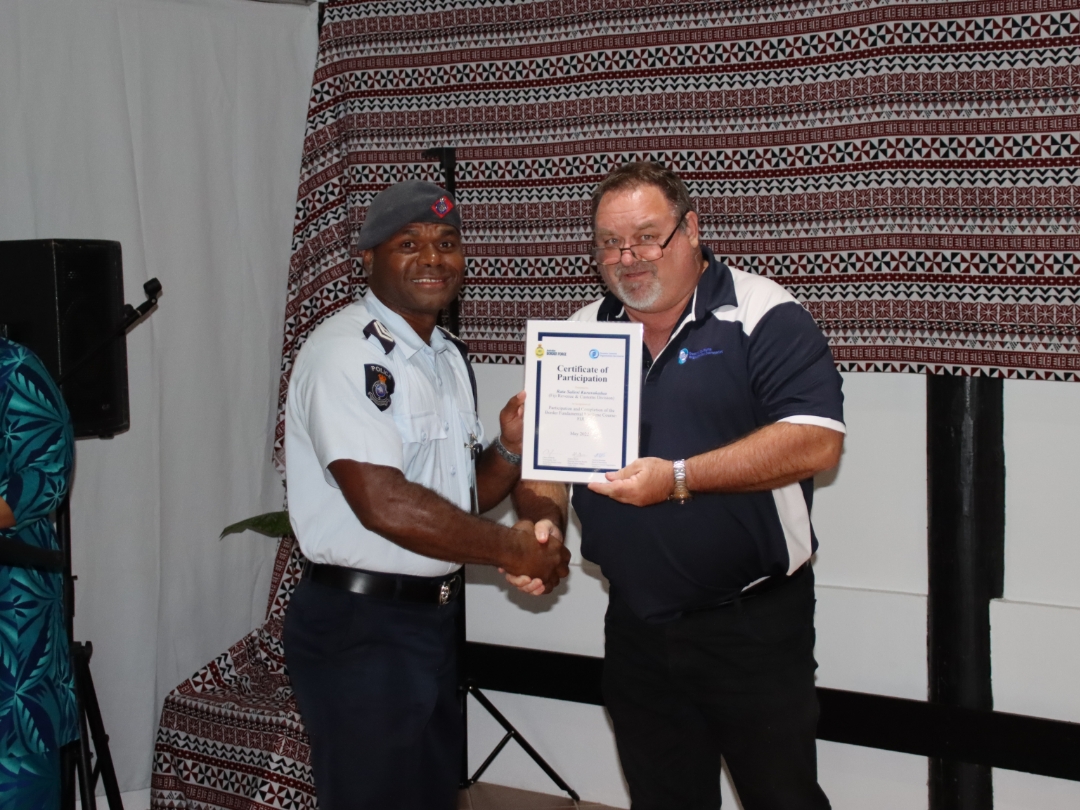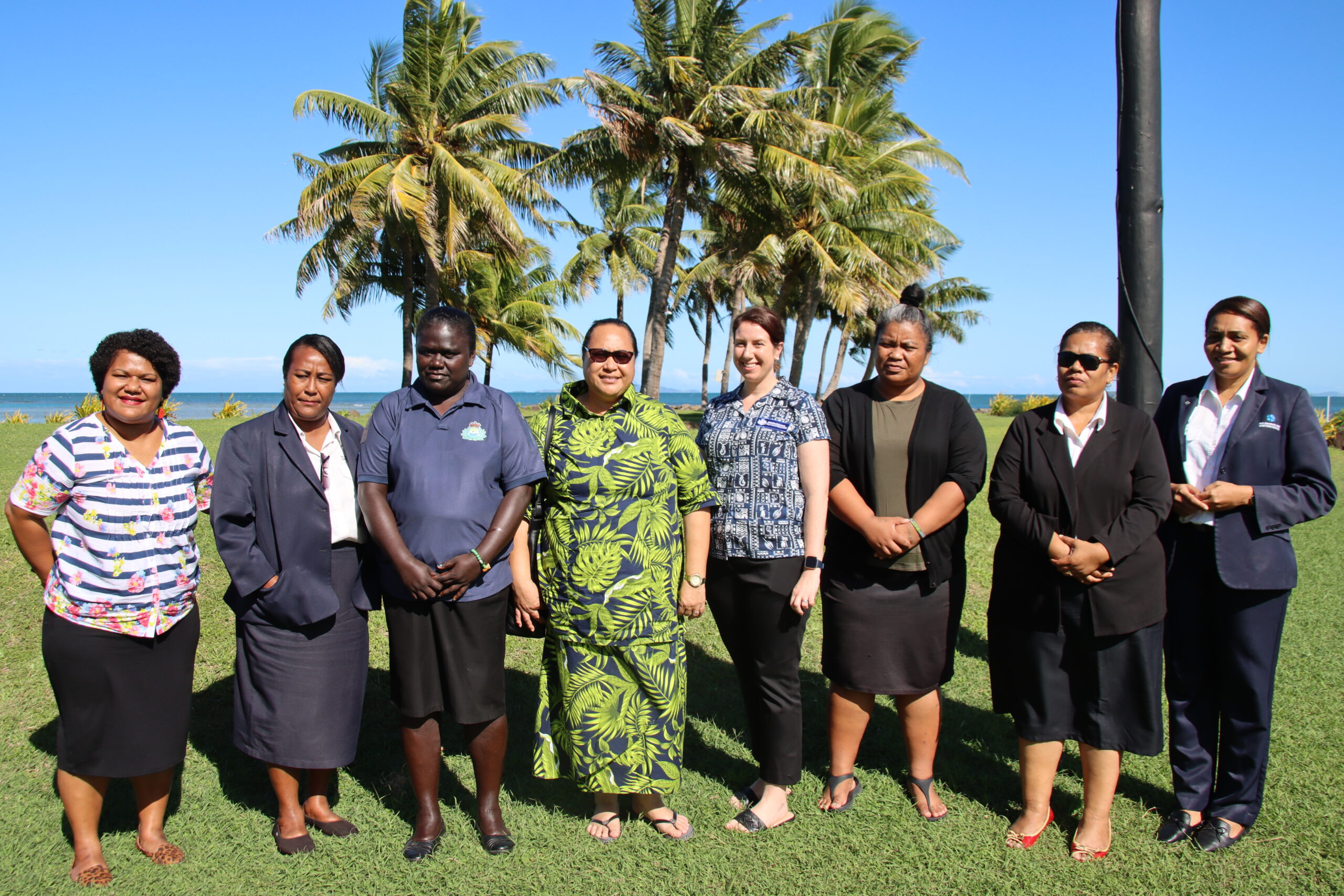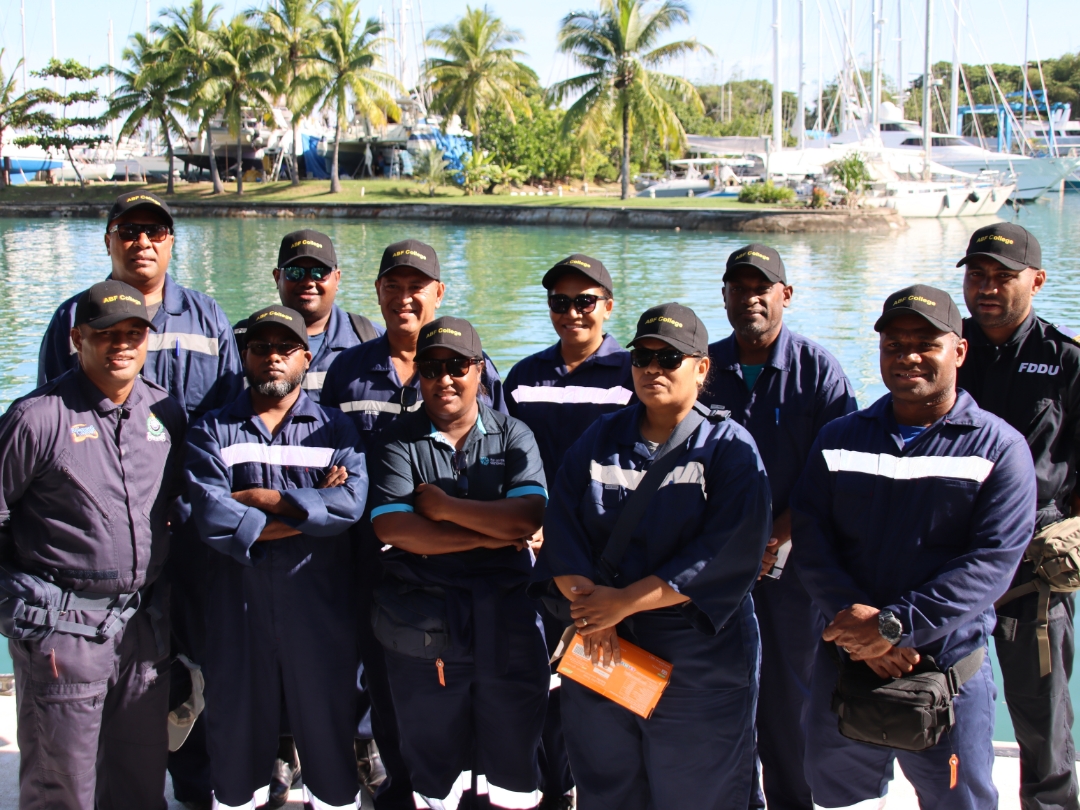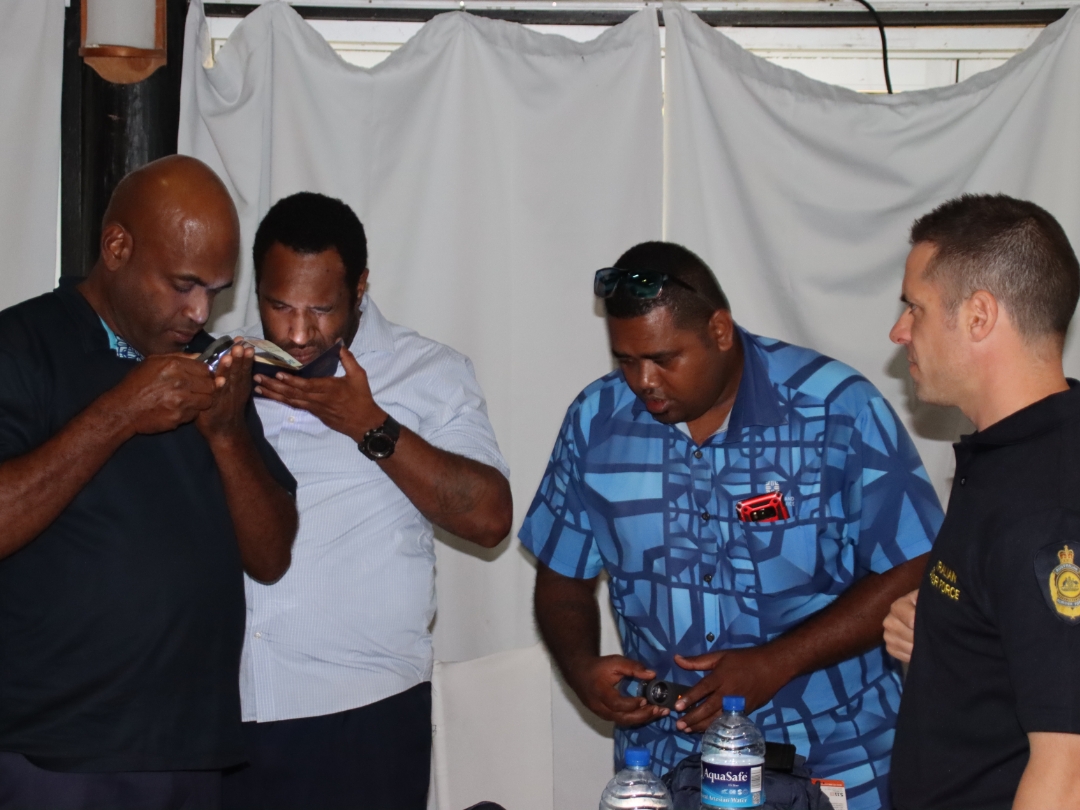Why Choose a Career in Customs?
Key Strengths Required
Active listening & Attention to Details
Identifying a person’s intention by the way of assessing behavior comes from reading gestures and behavior patterns in people. Paying attention to how a person is responding or reacting when questioned can help identify potential evidence thus preventing the pass-through of illicit goods through the borders.
Ethics
Being at the forefront, a Customs officer is constantly required to make judgements and on-spot decisions that are in line with the laws of the country. Good moral and sense of ethics will allow one to carry out the role effectively and uphold the national justice initiatives.
Interpersonal Skills
Protecting the borders means that a Customs officer will be the first to greet passengers as they enter the country. Whilst engaging with travelers, one must establish clear communication, ask the right questions and effectively read the person which would form the basis of whether to allow someone through or to investigate further.
Physical and Mental Fitness
Border protection is a 24x7x365 task thus one needs to be prepared for long hours. Physical inspection of cargo and vessels are also key while carrying out the responsibility of being a Customs officer.
Above are only some of the key standout characteristics needed to become a Customs officer. Other responsibilities would include the capturing,
processing and vetting of passenger information as well as checking of Manifests and other desk responsibilities.
Customs area of responsibility spans over various sections and may include:
- Passenger processing at the Airports and Seaports.
- Cargo handling and inspection
- Mail clearance through post offices
- Patrolling of Coastlines and physical boundaries
- Investigations and Audit
- Information management
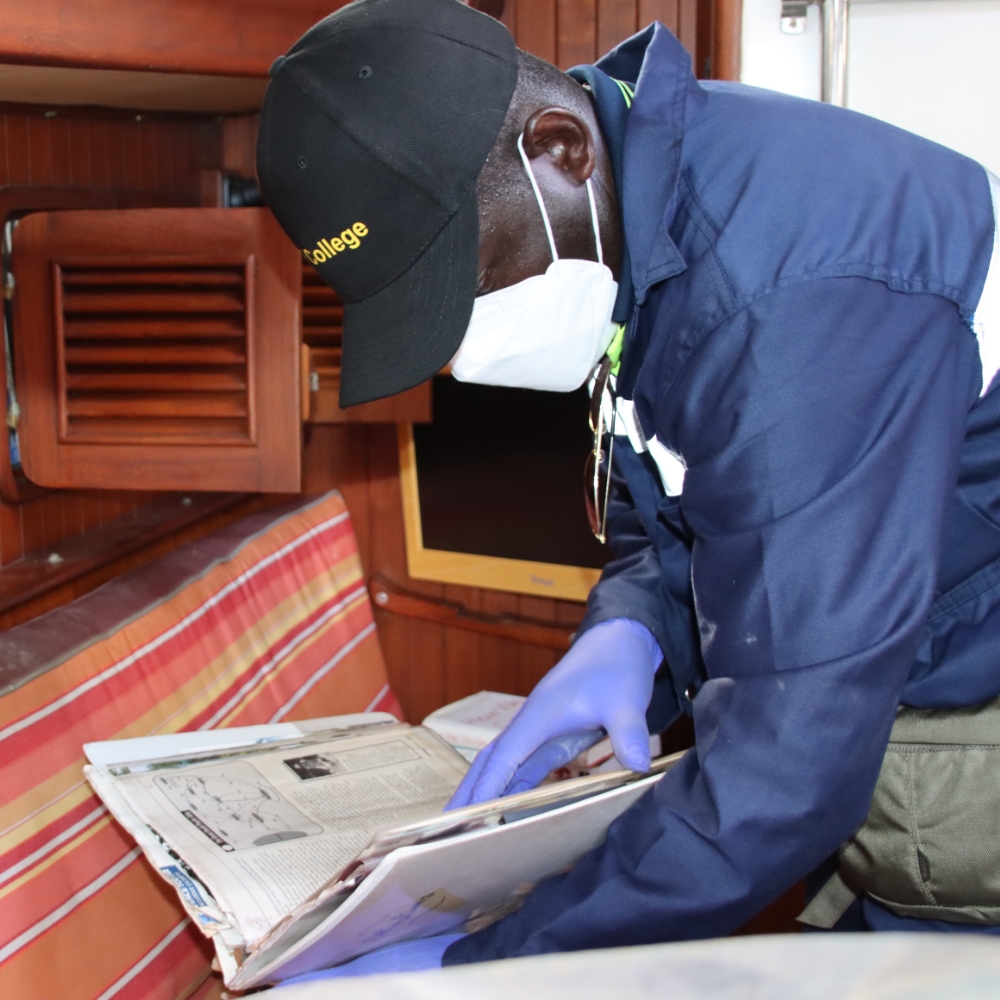
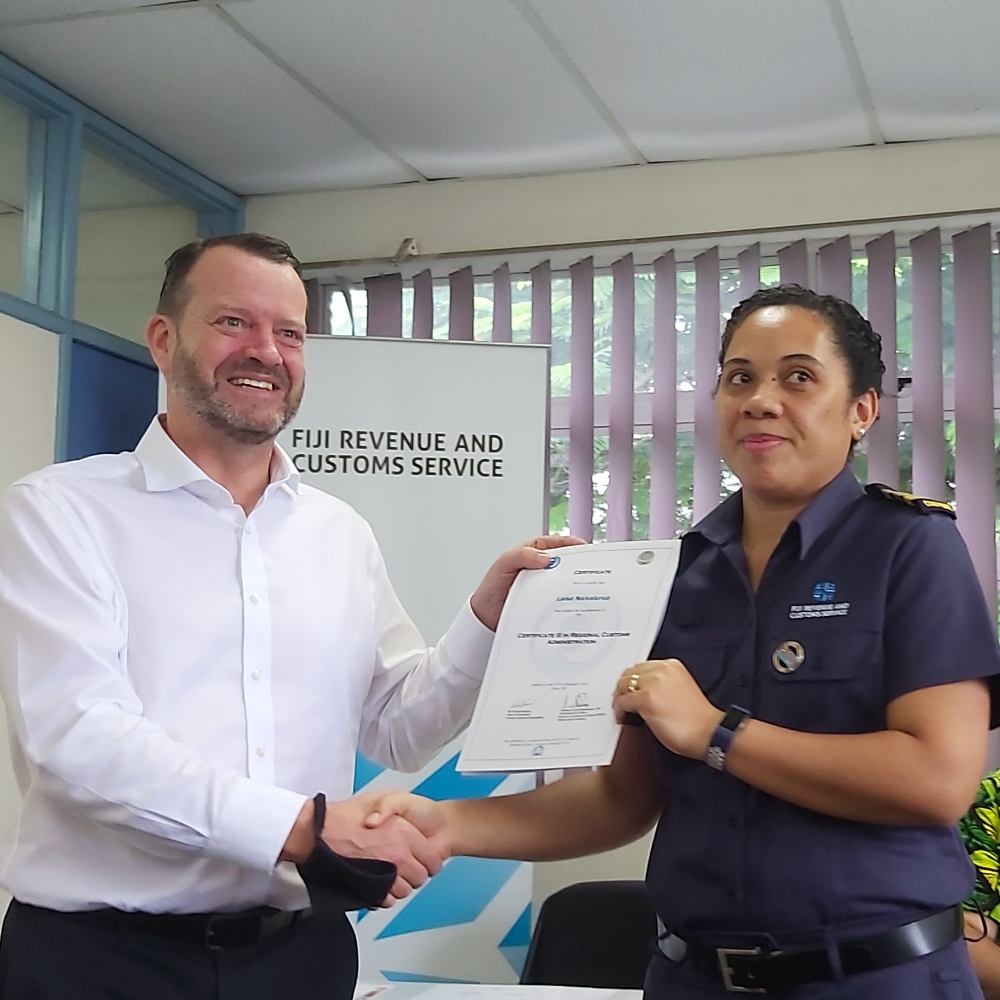
Customs Career Pathway
Each administration sets out its own eligibility criteria depending on the educational and training facilities available within the country. Various degree and trade programs have been developed over the years to help individuals gather much needed skills and knowledge to get into the profession. The Center for Customs and Excise Studies of the Charles Sturt University is one such university that the OCO Secretariat has partnered with to provide capacity building training to its member administrations.
Additional Resources – General guides only
https://oco23.globalbedbank.opalstacked.com/oco-hosts-largest-training-ever-for-pacific-customs-officers-pr01-21https://oco23.globalbedbank.opalstacked.com/pr06-22-women-in-customs-we-can/
https://oco23.globalbedbank.opalstacked.com/women-customs-officers-advancing-together/
https://careers.customs.govt.nz/c/customs-officer
https://au.indeed.com/career-advice/finding-a-job/how-to-become-customs-officer
https://www.yourcareer.gov.au/careers/599511/Customs-officer
https://www.customscentre.com/ https://www.fnu.ac.fj/tvetpasifika/programmes/full-time-courses/
